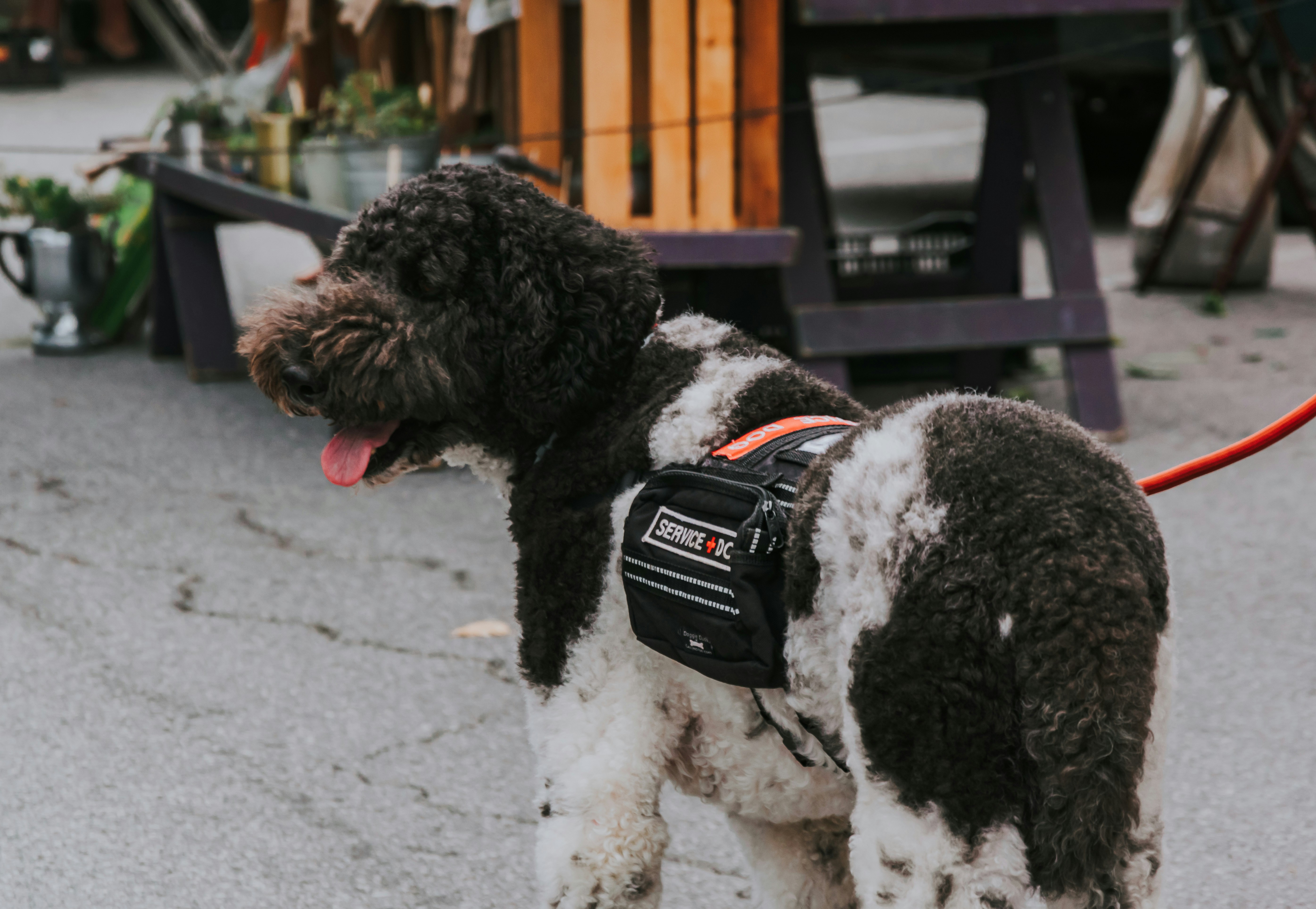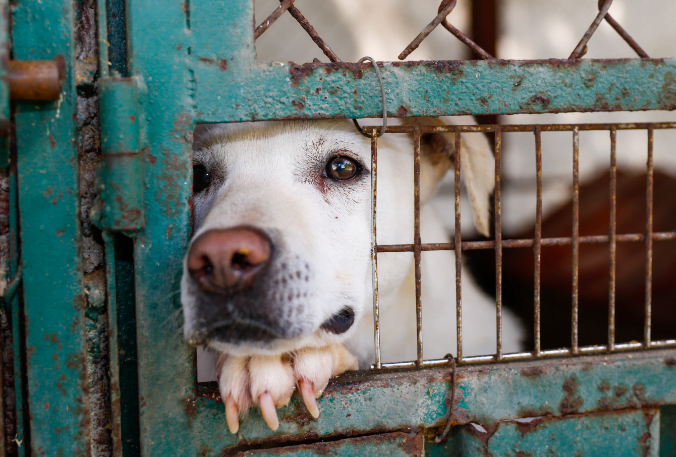Understanding Service Dog Laws in California
As a dog owner in Los Angeles, it’s crucial to understand California’s service dog laws. These laws are designed to protect the rights of individuals with disabilities who rely on service dogs for assistance. They also ensure that service dogs are treated with the respect and care they deserve. This post will guide you through the key elements of these laws.

The Definition of a Service Dog
According to the Americans with Disabilities Act (ADA), a service animal is defined as a dog that is individually trained to do work or perform tasks for a person with a disability. This includes physical, sensory, psychiatric, intellectual, or other mental disabilities. Tasks can range from guiding people who are blind, alerting people who are deaf, pulling a wheelchair, alerting and protecting a person who is having a seizure, reminding a person with mental illness to take prescribed medications, calming a person with Post Traumatic Stress Disorder (PTSD) during an anxiety attack, or performing other duties.
Emotional Support Animals vs. Service Dogs
It’s important to differentiate between service dogs and emotional support animals (ESAs). While service dogs are trained to perform specific tasks for their handlers, ESAs provide comfort and support through their presence. ESAs do not have the same legal protections as service dogs under California law. However, they are protected under the Fair Housing Act and can live in housing communities that otherwise do not permit pets.

Public Access Rights for Service Dogs
One of the most significant aspects of California’s service dog laws is the public access rights it grants. Under these laws, service dogs are allowed in any public place that their handler is. This includes restaurants, stores, hotels, and other businesses. Any business that denies a service dog access is in violation of the law. However, the dog must be under the control of its handler at all times and cannot pose a direct threat to the health or safety of others.
Service Dog Identification
In California, service dogs are not required to wear a vest or have any form of identification. However, many handlers choose to use these for convenience. It’s important to note that it is illegal to misrepresent a pet as a service dog. Violators can face fines and even jail time.

Service Dog Housing Laws
Under the Fair Housing Act, landlords and property owners are required to make reasonable accommodations for tenants with service dogs, even if the property has a no-pets policy. This means that individuals with disabilities who have service dogs cannot be denied housing or charged extra fees because of their service animal.
Employment Laws for Service Dogs
California law also extends protections for service dogs into the workplace. Employers are required to make reasonable accommodations for employees who rely on service dogs, unless doing so would cause undue hardship for the business.

Conclusion
Understanding California’s service dog laws is essential for every Los Angeles dog owner. These laws ensure that individuals with disabilities who rely on service dogs can participate fully in society. They also protect the rights and welfare of the service dogs themselves. Remember, these dogs are not just pets; they are working animals that provide invaluable services to their handlers.



